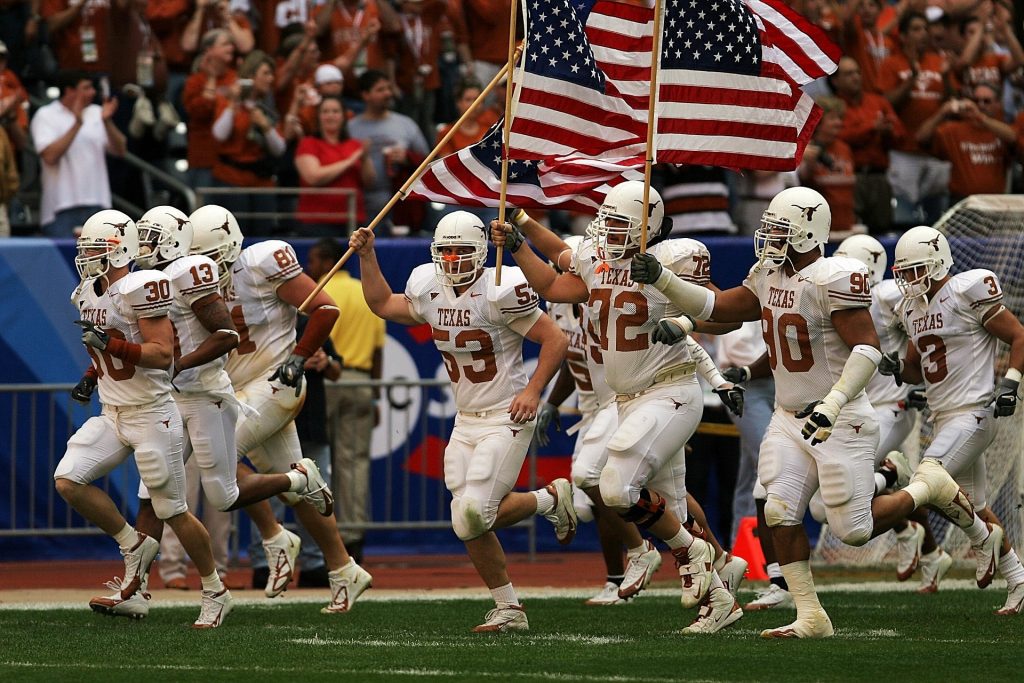Beyond the Game: Preparing for the Rigorous Life of a College Athlete

Becoming a college athlete is an exciting dream, but it’s important to understand the demanding reality behind the scenes. The daily life of a college athlete is a constant balancing act between classes, practices, travel, and personal commitments. Success in this environment requires discipline and preparation that goes far beyond athletic talent.
The schedule for a student-athlete is structured and intense, with the level of commitment varying by division. In NCAA Division I, this is the most demanding schedule, often starting before dawn with weight training or conditioning at 6:00 a.m. The day continues with classes from the late morning into the afternoon, followed by team meetings and practices that can last for several hours. Evenings are reserved for study hall or homework, often pushing their academic work late into the night. While still highly competitive, the Division II schedule is slightly less intense. The day typically begins with morning conditioning, with a focus on a more balanced class schedule. Athletes often have more time in the evenings for homework or even a part-time job. Division III offers the most academic and personal flexibility. Classes are the primary focus of the day, with practice sessions in the afternoon. Division III athletes often have a more balanced evening, allowing time for clubs, social activities, and a healthier work-life balance.
Travel is an unavoidable part of college athletics. Student-athletes in Division I, for example, can spend 4-6 days per month traveling during their season. These trips can range from single-day excursions to multi-day, out-of-state tournaments that require extended time away from campus. They must learn to manage academics on the road, including film study on buses and coordinating with professors for missed class time. To prepare for this rigorous journey, aspiring college athletes need to develop crucial life skills right now. Time management is essential; a planner becomes a best friend for juggling academics and athletics. Athletes also need to prioritize fitness and recovery habits by following a structured training plan and getting enough sleep. Finally, developing independence is key—learning to pack, manage schedules, and communicate proactively with teachers will make the transition much smoother. The skills you build as a student-athlete—resilience, teamwork, and discipline—are invaluable and will prepare you for a lifetime of success, no matter what career path you choose.

